On-boarding and developing millennials is now an organizational priority. The challenge you have is to motivate, engage and retain your millennial workforce. To do so, your front-line managers must lead them differently from previous generations…
Millennials don’t want bosses, they want coaches. They prefer constant interaction with a boss , rather than one who only meets them occasionally. The more conversations their managers have with them, the more engaged they become.
The sad reality is that most millennials are not engaged at work. Their managers are not giving them compelling reasons to stay or perform to their full potential. Millennials will make up 75% of your workforce in a few short years. If you don’t take action now to address how you manage this generation; motivating, engaging and retaining your millennial employees will only become more challenging.
Recognition and real-time feedback are essential to millennials. In other parts of their life, feedback comes within seconds of posting. The acceptable response time for recognition at work is following suit. Despite this need, Gallup has found that only 19% of millennials receive regular feedback. An even smaller percentage say the feedback is meaningful.
US census population data indicates there were an estimated 71 million plus millennials, based on Pew’s definition of the generation which ranges from 1981 to 1996, compared to 74.1 million Baby Boomers. Like every generation before them millennials strive for a life well-lived. They want good jobs and good employers. They also want to be engaged in their work, emotionally and behaviorally connected to their work with a sense of purpose.
Research has found on average ONLY 29% of employed millennials are engaged at work. Why does this matter? It matters because the strength of the workplace and marketplace depend on what the millennial generation can accomplish.
Millennials are typically the least engaged generation in the workforce:
Engaged on average:
29% Millennials (1980-1994)
32% Gen X’s (1965-1979)
33% Baby Boomers (1946-1964)
45% Traditionalists (1922-1945)
Gen Z (newest generation 4-24 years) requires further research (1995-2015)
Interestingly…all generations can benefit from leadership coaching in the workforce!
Millennial population trends:https://www.pewresearch.org/fact-tank/2018/03/01/millennials-overtake-baby-boomers/


